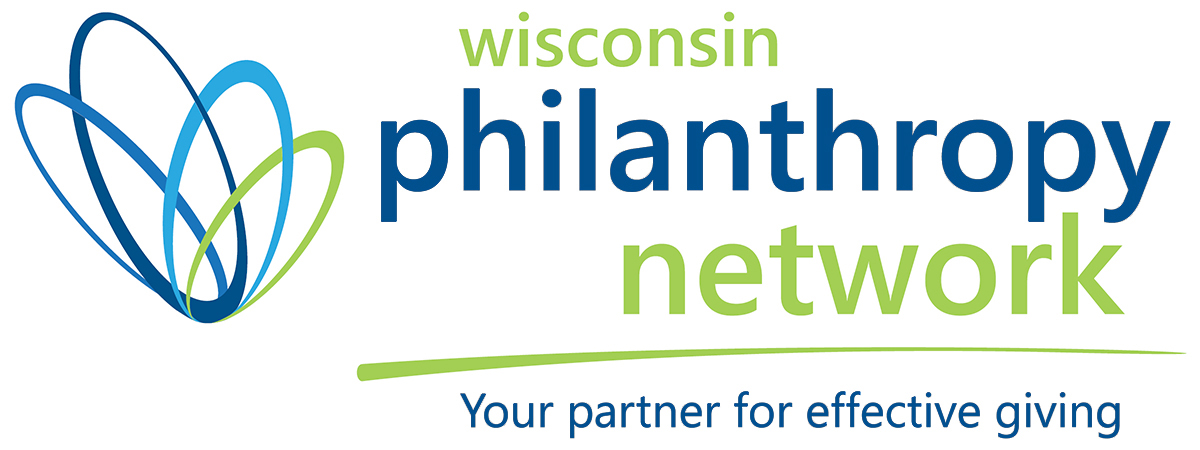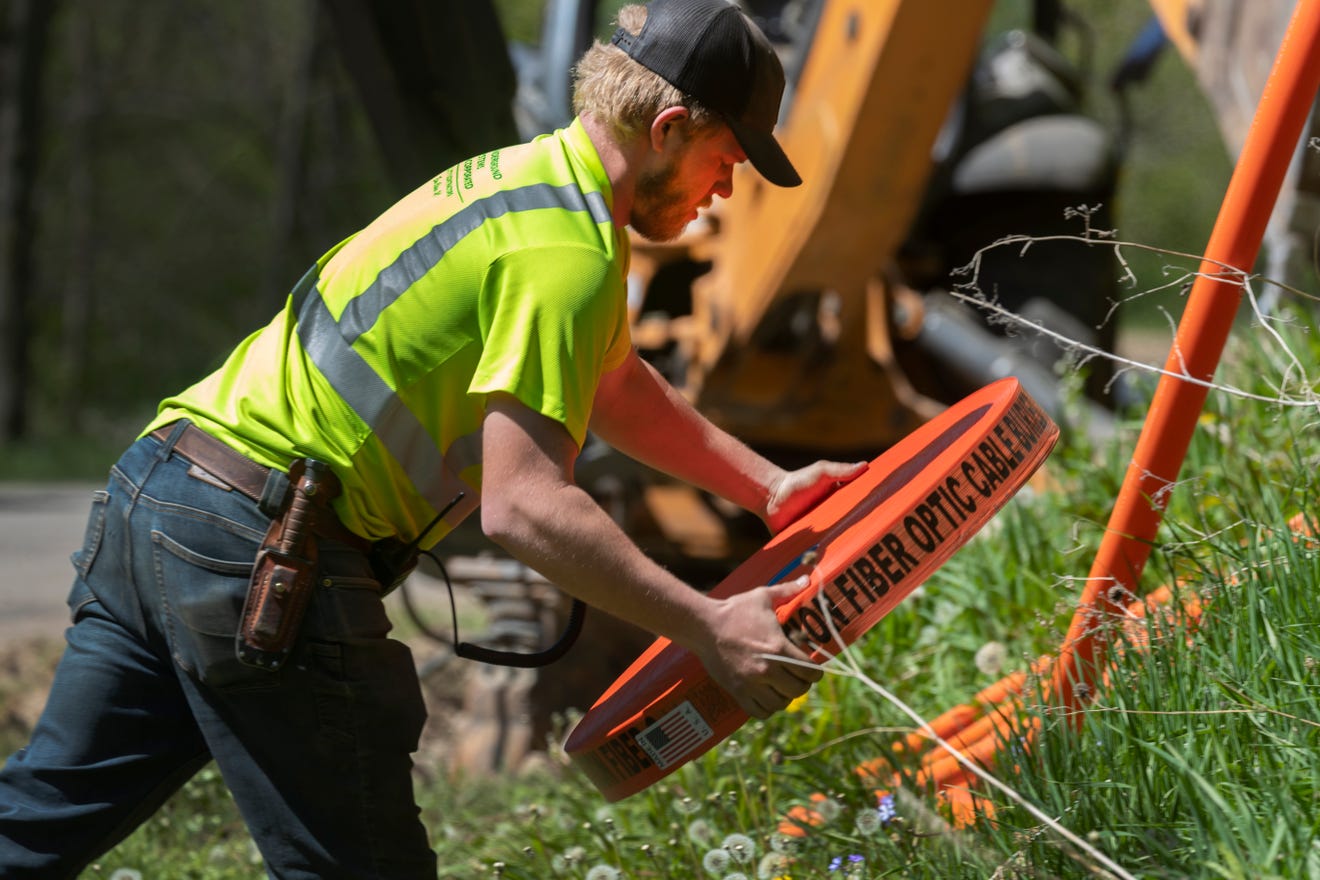Rick Barrett and Patrick Marley - Milwaukee Journal Sentinel
The state Public Service Commission will launch $100 million in broadband grant funding in the next two weeks from the federal American Rescue Plan Act, Gov. Tony Evers said Tuesday.
It's the initial batch of federal funds to be allocated for expanding high-speed internet service across the state, according to the governor, and it's more than the state has spent on broadband expansion grants since 2013.
Evers said he's also urged the Legislature to allocate about an additional $200 million for broadband access and assistance to low-income households struggling with their internet bills.
"This isn't a question of providing federal or state funding for broadband. We must do both to ensure folks can get connected," the governor said in a news release.
The Federal Communications Commission estimates there are about 400,000 homes and businesses in Wisconsin -- about 22% of the rural population -- lacking access to broadband, meaning an internet connection able to handle minimum download speeds of 25 megabits per second and uploads of 3 Mbps, sufficient for ordinary tasks such as streaming a video.
By comparison, only about 0.23% of the state's urban areas have the same problem.
Under the American Rescue Plan, eligible projects are expected to deliver upload and download speeds of 100 Mbps, not uncommon for what's available in cities but a big step up for most rural areas.
Where that's not possible, due to excessive costs, the plan allows for 100 Mbps downloads and 20 Mbps uploads, still a big improvement for places struggling with internet speeds a tenth of that level.
Since state broadband expansion grants were first announced in 2013, the Public Service Commission has awarded $78 million for 279 projects. This spring alone, it approved $28 million in grants, the highest dollar amount in any single round of the subsidies.
Forty-nine of the 58 recent grants were for fiber-optic cable to homes and businesses, considered the best technology for future-proof service.
Most of the state-funded projects in the last few years delivered speeds that met or exceeded the FCC's definition of broadband, according to the Public Service Commission, although it's difficult to verify because the grant recipients aren't required to make the information public.Your stories live here.Fuel your hometown passion and plug into the stories that define it.
The agency says it will open up the application process, and post eligibility guidelines, for this first round of federal funding on June 1, with applications due on July 27.
"We are committed to getting the funding awarded quickly and efficiently while continuing to be good stewards of public dollars," said PSC Chairperson Rebecca Cameron Valcq.
State officials have estimated it could cost between $700 million and $1.4 billion to get broadband speeds to everyone in Wisconsin, and that only accounts for the infrastructure, not operational expenses.
The wide range of the estimate reflects uncertainty of the actual number of people lacking service, since flawed state and federal data has overstated broadband availability for many years.
Part of the problem is if even one home in a census block has access, the FCC considers the entire block served. And, in rural areas, some of those blocks are hundreds of square miles.
As a result, the agency's maps portray large sections of the country as having high-speed internet, when in reality, they probably don't.
Republican Sen. Howard Marklein of Spring Green, a co-chairman of the Legislature’s budget committee, said Tuesday he would be willing to put some state funding toward broadband. He noted some projects likely won’t offer high enough speeds to qualify for the federal funding that Evers is making available.
“I think the federal money and some of the federal programs that are out there right now are a great incentive. They’re going to impact a lot of people but there are going to be areas that I don’t think they’re going to get the federal dollars,” he told reporters. “So I think there’s a role for a Wisconsin state grant program.”https://33f549471411d53d1373e89ab33a8219.safeframe.googlesyndication.com/safeframe/1-0-38/html/container.html
Marklein said Republicans who control the Legislature haven’t decided how much in state funding to put toward broadband. The Joint Finance Committee is to take up the issue on Thursday.
Legislators have proposed changes in the Public Service Commission’s broadband grant program, giving preference to projects pledging speeds of 900 Mbps or higher, much like the fastest service available in cities. The minimum speeds allowed in the current grant cycle are 25 Mbps downloads and 3 Mbps uploads.
Grant recipients would be required to submit a report verifying the accuracy of advertised speeds for their state-funded projects, and that each project was reaching subscribers.
“If we are going to be spending public money, we should make sure that it’s for high quality, future proof service,” said state Rep. Rob Summerfield (R-Bloomer).
Priority would be given to projects that have at least 50% matching funds, with a 40% match as the minimum in order to get state assistance. Also, the Public Service Commission would be required to provide technical support to communities seeking improved internet service.
Every internet service provider that receives a state grant would have to disclose their coverage area data to the PSC annually, in order to improve state broadband maps that are used by the agency when awarding grants.
Wisconsin is expected to receive approximately $2.5 billion in direct payments under the American Rescue Plan Act of 2021. In addition to broadband, the funding may be used for water and sewer infrastructure improvements. The funding supports costs incurred before the end of 2024.




